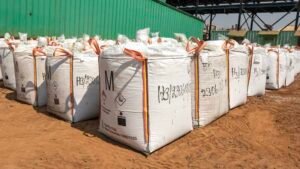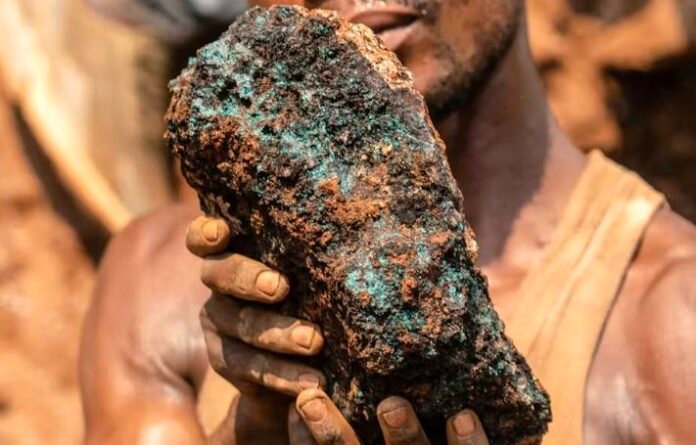The Democratic Republic of Congo has extended for another six months its suspension of mineral trading from dozens of artisanal mining sites in the conflict-affected provinces of North and South Kivu, the Ministry of Mines announced. The decision prolongs restrictions first imposed in February and increases pressure on international buyers to ensure their supply chains for tin, tantalum and tungsten—critical materials for electronics, automotive manufacturing and aerospace—are free from conflict financing.
According to an order signed on November 3 by Mines Minister Louis Watum Kabamba, the extension was deemed necessary due to ongoing evidence that proceeds from illicit mineral flows are being used to fund armed groups in the region. The order, published on the ministry’s social media platforms, covers 38 artisanal sites in Masisi (North Kivu) and Kalehe (South Kivu) that produce coltan, cassiterite and wolframite—ores refined into tantalum, tin and tungsten.

Eastern Congo’s mineral-rich territories remain contested by militia groups, including the M23 rebels, who have expanded their control over strategic areas in recent months. The renewed offensive, backed by Rwanda according to Congolese officials and U.N. experts, has resulted in thousands of deaths and displaced hundreds of thousands of civilians this year.
International observers have long warned that Congo’s vast mineral wealth continues to fuel cycles of violence. A United Nations report issued in late 2024 found that revenues from smuggled tin, tantalum, tungsten and gold were sustaining armed operations and entrenching a wartime economy across the region.
Under the new directive, all sourcing and export activities from the listed sites are prohibited. The sites may be subjected to independent audits by the Congolese government or external bodies such as the United Nations and the OECD, which oversee international mineral due-diligence standards.
The extension also comes against the backdrop of mounting legal scrutiny of global tech firms. In 2024, Congo filed criminal complaints in France and Belgium against subsidiaries of Apple, alleging that minerals from conflict zones had entered the company’s supply chains despite disclosures under U.S. transparency laws. Apple rejected the claims, stating it had instructed suppliers to halt procurement from both Congo and Rwanda.
Meanwhile, U.S. courts have previously examined lawsuits accusing Apple, Google, Tesla, Dell and Microsoft of benefiting from cobalt mined under abusive conditions in Congo, though those cases were ultimately dismissed. The latest enforcement measures by Kinshasa signal the government’s intent to tighten oversight as conflict in the east continues to escalate.
MTN Posts 26% Surge in Service Revenue as Nigeria and Ghana Drive Strong Growth
Source:Africa Publicity








